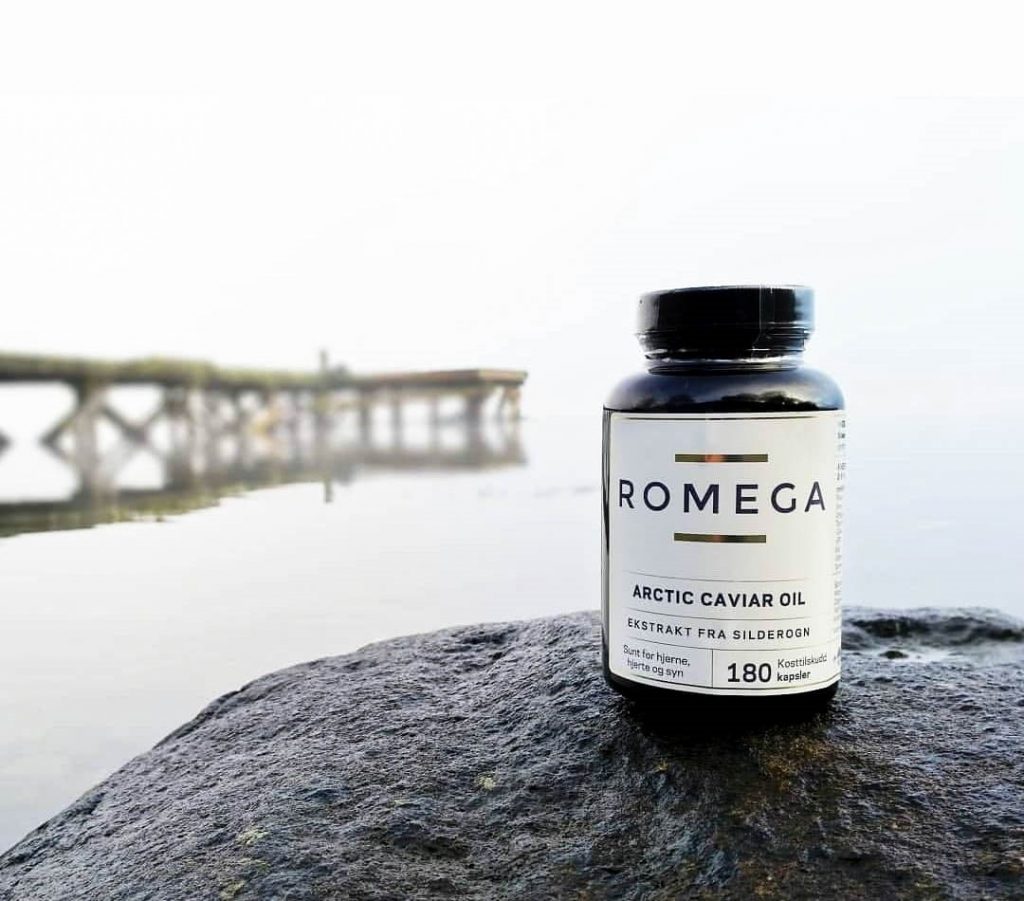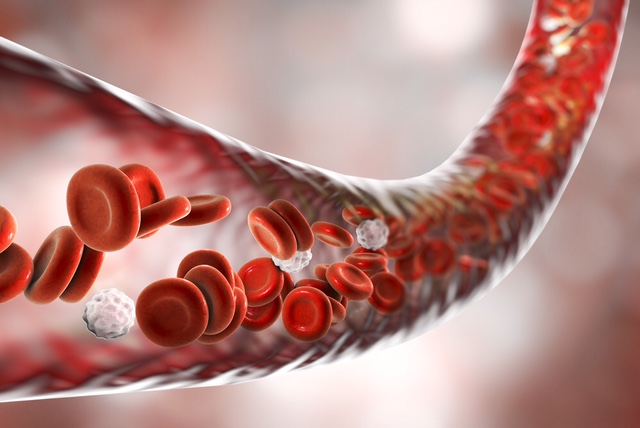Search Results
Herring Roe Oil Improves Severity of Mild Psoriasis + Interview with Study Author
May 4, 2021
No Comments
The following is a summary of a human-subject study on herring roe oil with clinical meaningful results for supporting patients with mild psoriasis vulgaris. Following ...
Read More →
Heart Failure or Therapy Failure? Toxins Cause Cardiomyopathy
November 7, 2023
No Comments
Because cardiomyopathy presenting as clinical heart failure is a condition typically involving multiple factors, there is no single clinical protocol that can be considered the ...
Read More →
CBD’s Mechanisms in the Body: How This Amazing Cannabinoid Keeps You Healthy
September 12, 2023
No Comments
Chapter 2: Cannabidiol (CBD) from hemp oil has taken center stage recently as a way to address many areas of health including supporting a healthy ...
Read More →
Cleveland Clinic’s Functional Medicine Outcomes in JAMA: Six Perspectives
November 12, 2019
No Comments
Today’s Practitioner recently posted the press article for a recent JAMA study, showing that a functional medicine model at the Cleveland Clinic was associated with ...
Read More →
The Integrative Health Business: ‘Administrators’ Versus ‘Builders’
March 4, 2019
No Comments
I often see integrative and functional medicine business and organization leaders smothered from the weight of managing day-to-day operations: process and repetitive tasks allow neither ...
Read More →
New Evidence Vitamin D May Promote Greater Insulin Sensitivity
February 4, 2019
No Comments
While the benefits of vitamin D in promoting bone health are well known, there is evidence from Brazil showing that vitamin D may promote greater ...
Read More →
Cardiovascular Health and Lipoprotein(a)
November 9, 2018
No Comments
Addressing a genetic issue & supporting cardiovascular health naturally. Cardiovascular health for many only becomes a concern with age, unless familial factors or birth defects ...
Read More →
Compelling Research on Vitamin D Supplementation for Blood Pressure Reduction
June 25, 2014
No Comments
New genetic research provides compelling evidence that low levels of vitamin D have a causal role in the development of high blood pressure (hypertension). The ...
Read More →
Are Today’s Adolescents Tomorrow’s Hip-Fracture Patients?
June 9, 2014
No Comments
The seeds of the pernicious disease osteoporosis are sown during adolescence, when the skeleton is most active in absorbing dietary calcium and building up nearly ...
Read More →









